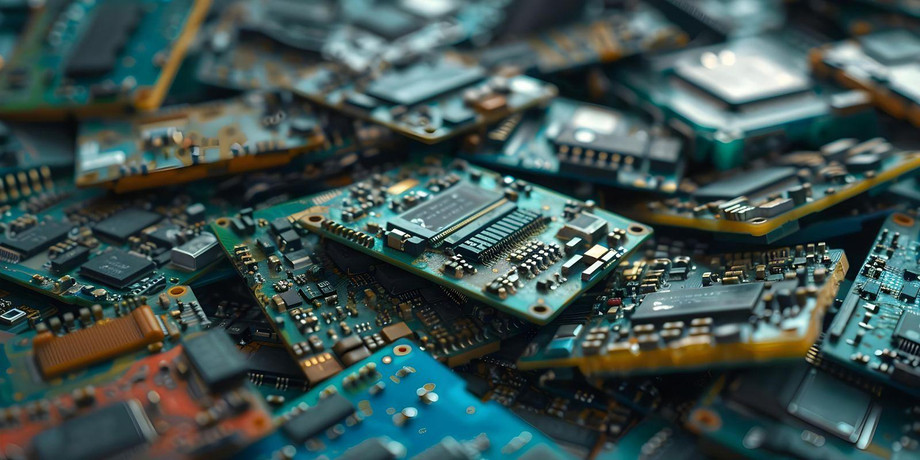In the world of electronics, the materials used in printed circuit boards (PCBs) play a crucial role in the performance and reliability of devices. One material that has gained significant attention in recent years is Teflon PCB. Known for its unique properties, Teflon offers distinct advantages that make it ideal for specific applications. In this blog, we’ll explore what Teflon PCBs are, their benefits, and their applications in various industries.
What is Teflon PCB?
Teflon PCB refers to printed circuit boards made from Teflon, a type of polytetrafluoroethylene (PTFE). Teflon is renowned for its excellent dielectric properties, chemical resistance, and thermal stability, making it a preferred choice for high-frequency and high-performance applications. Teflon PCBs are often used in industries that require reliable and efficient performance, such as telecommunications, aerospace, and medical devices.
Benefits of Teflon PCB
-
Excellent Dielectric Properties: One of the most significant advantages of Teflon PCB is its low dielectric constant and low loss tangent. This makes it ideal for high-frequency applications, where signal integrity is critical. Teflon’s properties help reduce signal loss, ensuring that high-frequency signals maintain their integrity over long distances.
-
Chemical Resistance: Teflon is highly resistant to chemicals, making Teflon PCBs suitable for environments where exposure to corrosive substances is likely. This feature is particularly important in industries like chemical processing and pharmaceuticals, where durability is paramount.
-
Thermal Stability: Teflon can withstand high temperatures without degrading, which is essential in applications where heat is a concern. Teflon PCBs can operate effectively in environments with fluctuating temperatures, making them suitable for automotive and aerospace applications.
-
Low Moisture Absorption: Teflon PCBs exhibit very low moisture absorption, which helps maintain their electrical properties in humid conditions. This characteristic is crucial for outdoor applications or environments where humidity levels are high.
-
Lightweight and Flexible: Teflon is a lightweight material that can also be manufactured into flexible circuits. This flexibility allows for innovative designs in compact spaces, making Teflon PCBs a great choice for portable and wearable electronics.
Applications of Teflon PCB
-
Telecommunications: Teflon PCBs are widely used in RF (radio frequency) applications, antennas, and communication devices due to their superior signal integrity and performance.
-
Aerospace and Defense: In industries where reliability and performance are critical, Teflon PCBs are employed in avionics, radar systems, and military applications, where they can withstand extreme conditions.
-
Medical Devices: The chemical resistance and thermal stability of Teflon make it suitable for medical devices that require sterilization and must operate in challenging environments.
-
Automotive: Teflon PCBs can be found in various automotive applications, particularly in sensors and control systems, where durability and reliability are essential.
Conclusion
The advent of Teflon PCB technology has opened new avenues for high-performance electronics. With its exceptional dielectric properties, chemical resistance, and thermal stability, Teflon is an excellent choice for applications demanding reliability and efficiency. As industries continue to innovate, Teflon PCBs will undoubtedly play a crucial role in the development of advanced electronic devices.
Whether you are an engineer looking for the best materials for your next project or a business exploring options for high-performance circuits, understanding the benefits of Teflon PCBs can help you make informed decisions in a rapidly evolving technological landscape.

